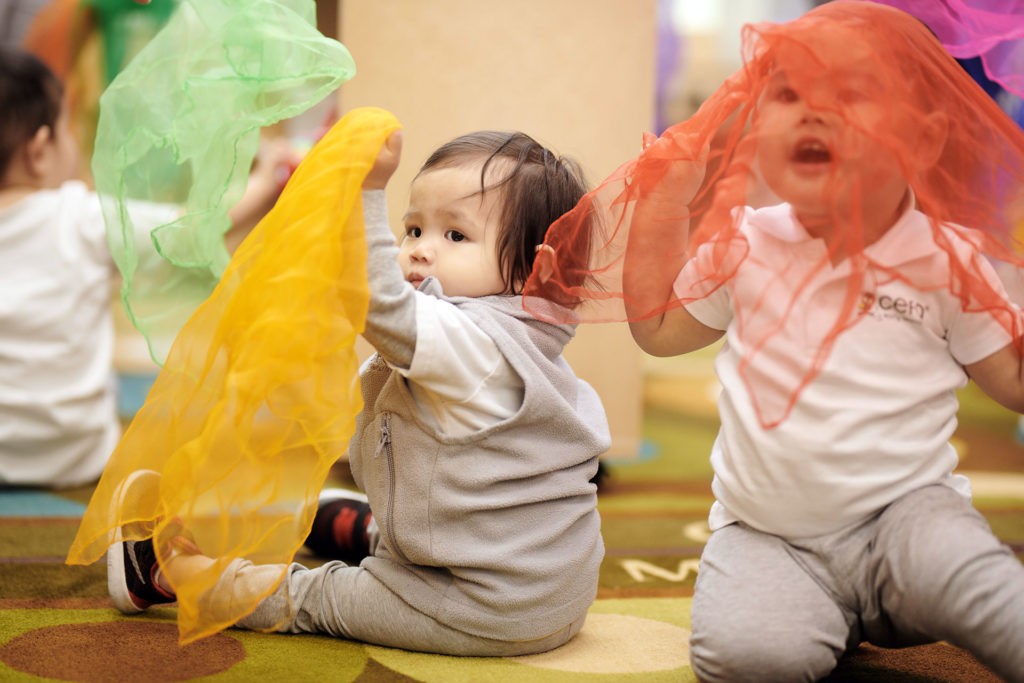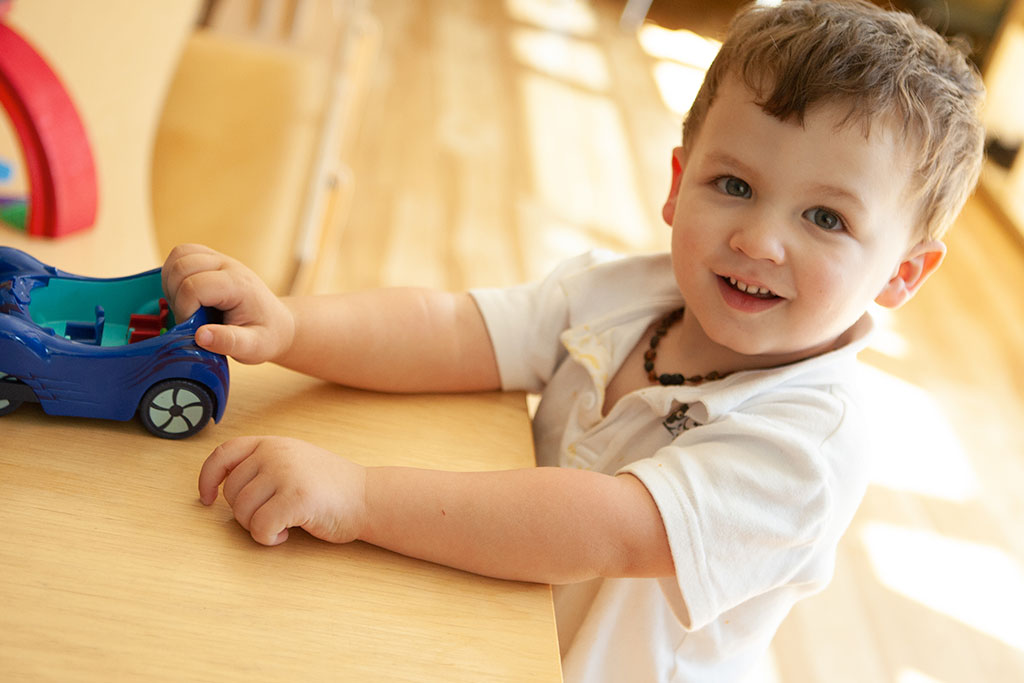Humans are one the most intelligent living organisms on the planet. Behind this utmost privilege is the brain power driven by neural connections and synapses that makes us distinctive.
Our brains are remarkably unique. A fully grown adult brain weighs only three pounds yet consumes approximately 20% of the total oxygen and calories consumed by the body. It is one of our body’s largest and most complex organs, and our brain’s ability to perform complex cognitive tasks separates us from other animals.
Our brains are deeply involved with our body’s movement and function. It’s like the control tower of a busy airport. An airport control tower constantly receives tasks and demands from different sources yet always finds the best solution to keep everyone safe and ensure effective airport operations. Likewise, our brain gets instructions from our body and environment, controls how we think and feel, learn new things, problem solve, remember tasks and events, and tells our body how to move, talk, and behave. It also manages the function of our bodily organs.
What does this knowledge of cognitive development and brain function mean for childhood brain development and learning? Let’s explore how children’s brains develop and how you can support optimal growth.

The Toddler’s Brain
When babies are born, their brains are largely premature, and only about 25% of their adult brain size. The lower part of the nervous system may be well matured, but the higher regions, including the limbic system and cerebral cortex, are largely underdeveloped. Despite all this, their brains already have nearly all the brain cells & neurons they need in life.
Infants enter the world ready to learn. They start grasping objects, making eye contact, and creating noises to communicate. They are constantly learning, developing and growing, and there is so much to learn and explore.
Around age two, toddlers experience their first “critical period” in brain development. This period is when brain plasticity is maximized with boosted cell connections. This age is considered critical because the connections and knowledge learned during these early childhood years affect the child’s entire lifetime.
Toddlers begin exploring more complex thinking in these early years of life. They learn to use their memories and experiences to understand the world around them and explore cause-and-effect relationships. If toddlers don’t receive adequate educational support during this period, they won’t be as skilled in critical thinking, and it will be much harder for them to acquire these given skills and traits later in life.
An infant’s brain will double in its first 12 months. Much of this rapid growth happens in the cerebellum, the part of the brain in charge of physical development and motor skills. Around age 3, the toddler’s brain reaches 80% of adult size. By age 5, a child’s brain is nearly fully grown at approximately 90%.
Although the brain will continue to develop and change into adulthood, these first few years are crucial for toddlers to develop a solid foundation for future learning and success.
How Parents and Caretakers Can Support Early Learning
Parents and caretakers who understand the significance of early brain development in toddlers can play a crucial role in supporting their healthy brain growth. Providing effective early learning for young children is vital in setting the groundwork for later intellectual strides.
Here are a few expert tips to support early learning opportunities for your child:
- Respond sensitively: Always respond sensitively when speaking to and playing with your child. This will protect your child’s brain from unnecessary stress or trauma.
- Broaden their horizons: Gently expose them to various educational resources such as books, paintings, songs, etc., to help strengthen their communication skills.
- Avoid overwhelm: Do your best to avoid overwhelming or overstimulating your child by introducing too much information in a short amount of time.
- Eat healthily and exercise: Nurture your child with nutrition-dense food and encourage daily physical activity to keep their mind and body healthy.
- Enroll them in an early learning program: Choose an early learning education provider with a curriculum that supports toddlers’ healthy brain development.
At CEFA, we have a sophisticated learning curriculum designed to stimulate early brain development using age-appropriate learning experiences. Our highly skilled teachers provide a quality education that embraces the unique need of every child for optimal holistic growth and long-term development.

